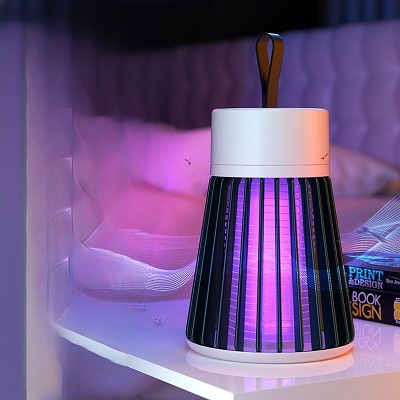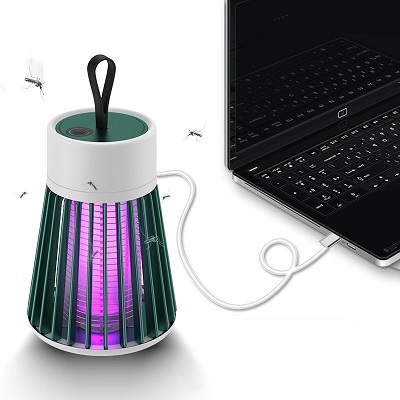Outdoor camping is a popular recreational activity that allows individuals to connect with nature and experience the great outdoors. However, camping in mosquito-prone areas can quickly turn into a frustrating experience due to the relentless presence of mosquitoes.
To combat these pesky insects, many campers consider using mosquito lights, also known as mosquito traps or mosquito lamps, as a means of mosquito control during their camping trips. Let’s explore whether a mosquito light is a suitable option for outdoor camping.

Aspects
In this part, we will talk about whether a mosquito light is a suitable option for outdoor camping in 6 aspects.
1. Attracting Mosquitoes
Mosquito lights are designed to attract mosquitoes and other flying insects using various mechanisms, such as UV light, heat, and other attractants. While this makes them effective in controlling mosquito populations in specific areas, it also means that they may attract mosquitoes from a wide vicinity, including surrounding campsites.
This can inadvertently expose neighboring campers to increased mosquito activity.
2. Power Source Availability
Most mosquito lights require a power source, such as electricity or batteries, to operate. While some camping sites may provide access to electricity, many remote camping locations lack this convenience.
In such cases, campers would need to rely on battery-powered mosquito lights, and it is essential to ensure that they have sufficient power for the duration of the camping trip.
3. Portability and Durability
When choosing a mosquito light for camping, portability and durability are critical factors to consider. A compact and lightweight mosquito light is more convenient to transport, and a sturdy build ensures that the device can withstand the rigors of outdoor camping, including potential exposure to rain or rough handling.
4. Battery Life and Recharging
If opting for a battery-powered mosquito light, consider the device’s battery life and the availability of recharging options. Bringing spare batteries or a portable charger can ensure uninterrupted mosquito control during the camping trip.
5. Nighttime Lighting
The illumination of a mosquito light at night can affect the camping experience. Some campers may appreciate the additional ambient light provided by the mosquito light, while others may prefer complete darkness for stargazing or sleeping. Mosquito lights with adjustable brightness settings can be useful in this regard.
6. Alternative Mosquito Control Methods
Camping in mosquito-prone areas may require a combination of mosquito control methods. In addition to using a mosquito light, campers should consider wearing long-sleeved clothing, using mosquito repellents, and setting up mosquito nets or screens around sleeping areas.

Conclusion
While mosquito lights can be effective in controlling mosquito populations in specific areas, their suitability for outdoor camping depends on various factors. Campers should carefully consider the attractant range, power source availability, portability, and nighttime lighting impact when choosing a mosquito light for camping.
It is essential to strike a balance between effective mosquito control and minimizing the impact on the camping experience for oneself and neighboring campers. Combining mosquito lights with other mosquito control methods can provide a comprehensive approach to staying mosquito-free during outdoor camping adventures.
 Carl
Carl